Optimal Timing for Water Treatments
Proper timing for water treatments is essential to ensure optimal water quality and system efficiency. The best time to perform treatments depends on water usage patterns, seasonal changes, and specific water quality issues. Typically, treatments are most effective when initiated before peak usage periods or when water quality indicators suggest a need for intervention.
Water treatments are often scheduled seasonally to address temperature fluctuations and water usage changes. Spring and fall are common times for comprehensive treatments.
Treatments before high-demand seasons help maintain water quality during peak usage, preventing issues such as scaling or bacterial growth.
Regular testing can identify the optimal times for treatments, especially when water parameters fluctuate unexpectedly.
Aligning water treatments with system maintenance schedules ensures minimal disruption and maximizes effectiveness.
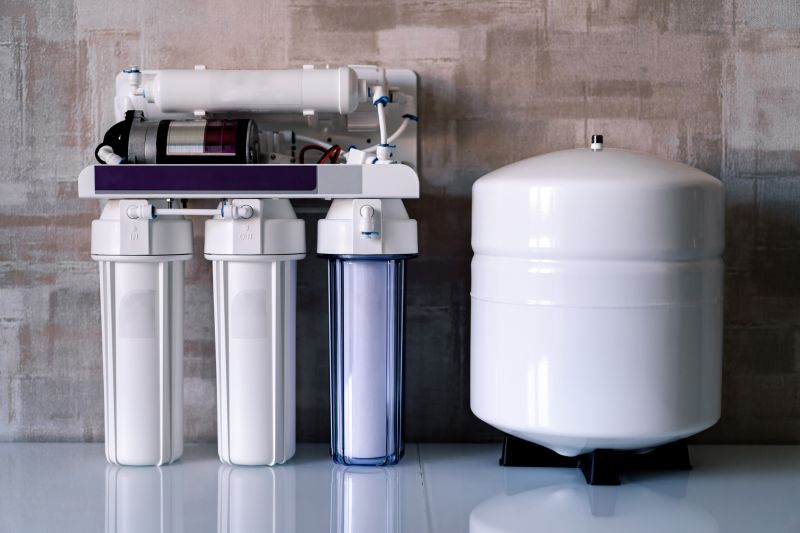
Advanced systems used for effective water purification.
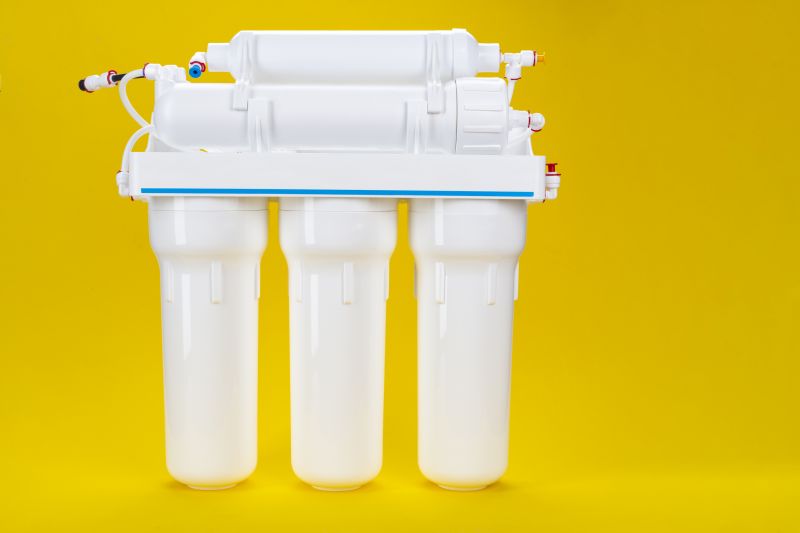
Tools for monitoring water quality parameters.
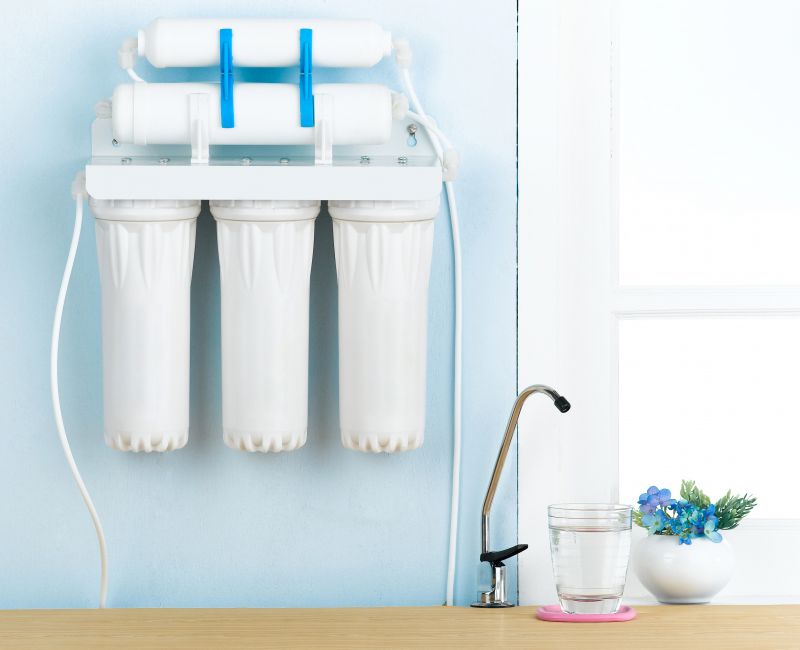
Installation of filtration units for improved water clarity.
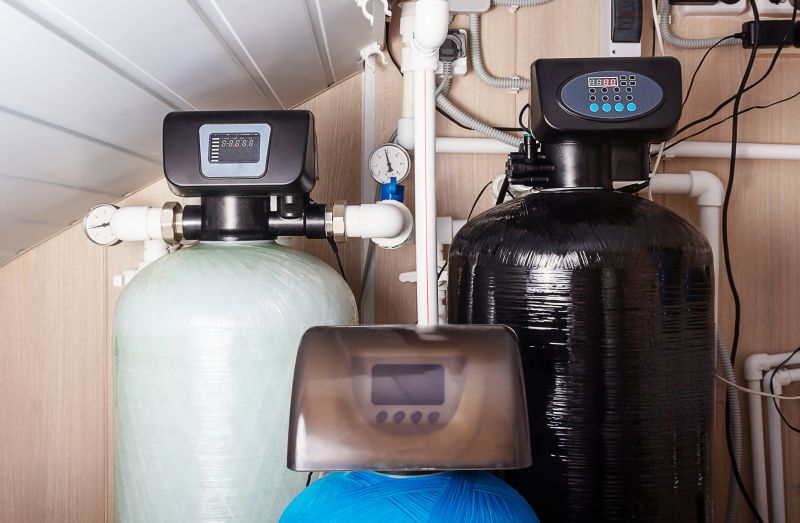
Ways to make Water Treatments work in tight or awkward layouts.
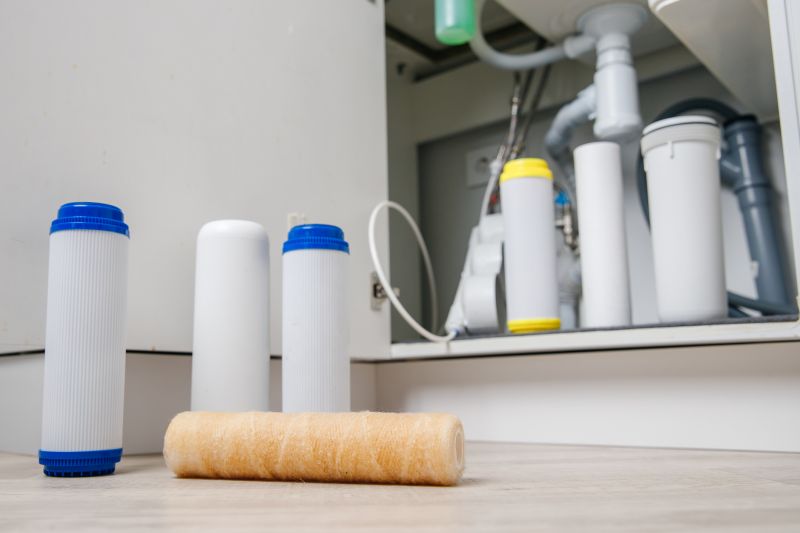
Popular materials for Water Treatments and why they hold up over time.
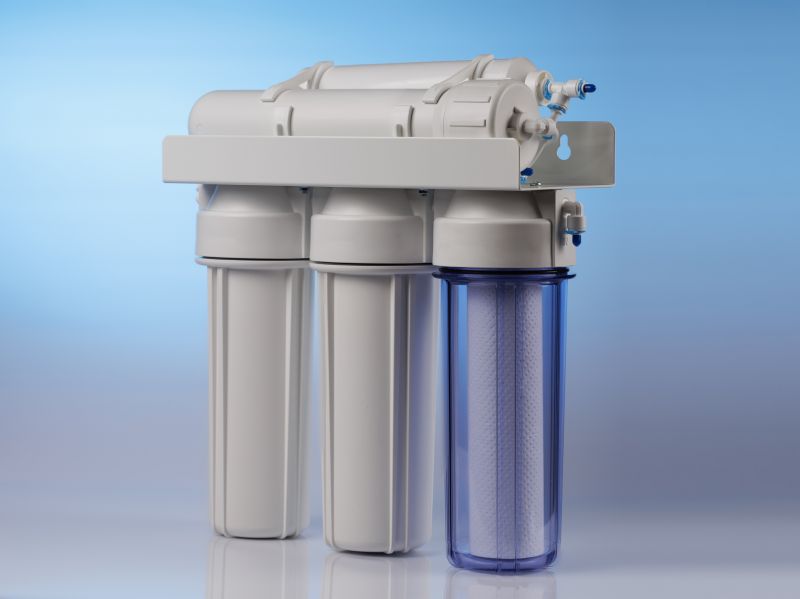
Simple add-ons that improve Water Treatments without blowing the budget.
| Optimal Treatment Timing | Key Considerations |
|---|---|
| Spring | Prepare for increased usage and address mineral buildup. |
| Fall | Prepares water systems for winter and reduces microbial growth. |
| Post-Problem | Immediately treat after detecting water quality issues. |
| Pre-Season | Ensure system efficiency before peak demand. |
| Regular Monitoring | Adjust timing based on water test results. |
Water treatments play a critical role in maintaining the quality and safety of water supplies. They involve processes such as filtration, chemical dosing, and disinfection to remove contaminants and improve water clarity. Properly timed treatments can prevent scaling, corrosion, and microbial growth, which can cause health issues and damage to plumbing systems. Statistics indicate that regular water treatments can reduce bacterial presence by up to 99 percent and extend the lifespan of water systems significantly.
Implementing water treatments at appropriate times ensures consistent water quality and system longevity. Seasonal adjustments and ongoing monitoring are key factors in scheduling treatments effectively. By understanding water usage patterns and quality indicators, property owners can optimize treatment schedules to prevent problems before they arise, saving costs and maintaining health standards.
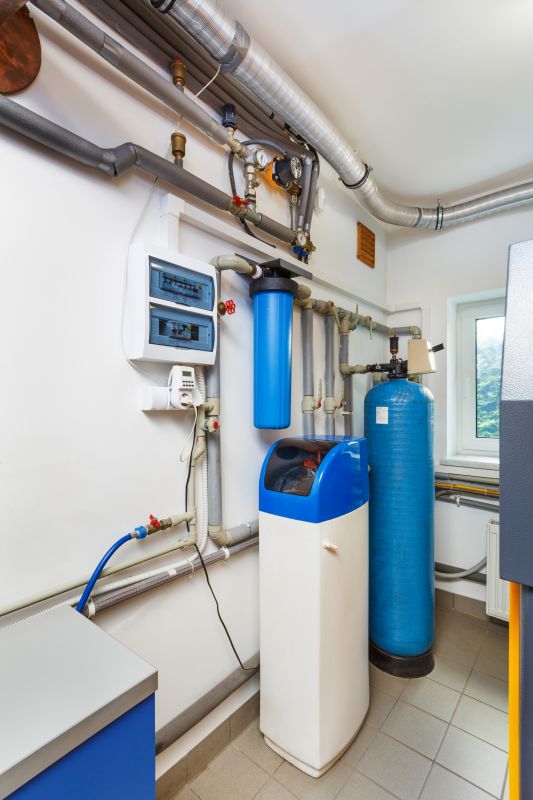
Various components working together for effective water purification.
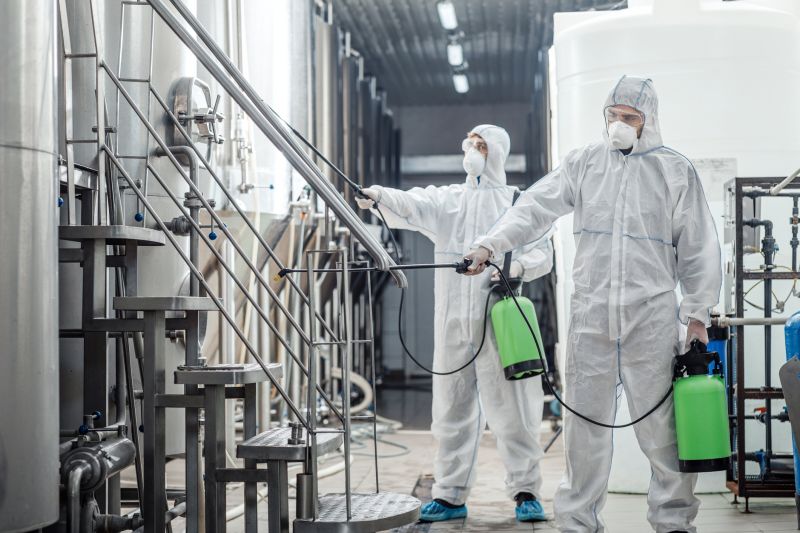
Application of chemicals for microbial control and mineral management.
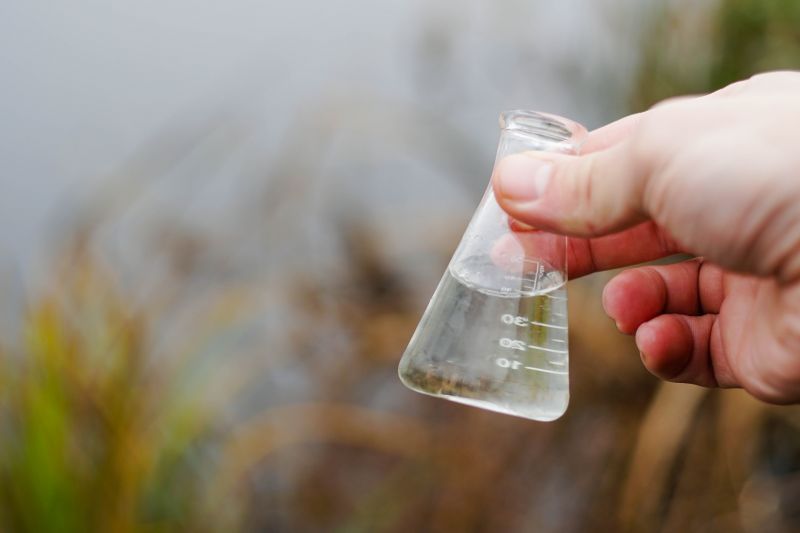
Regular testing ensures optimal timing and effectiveness.
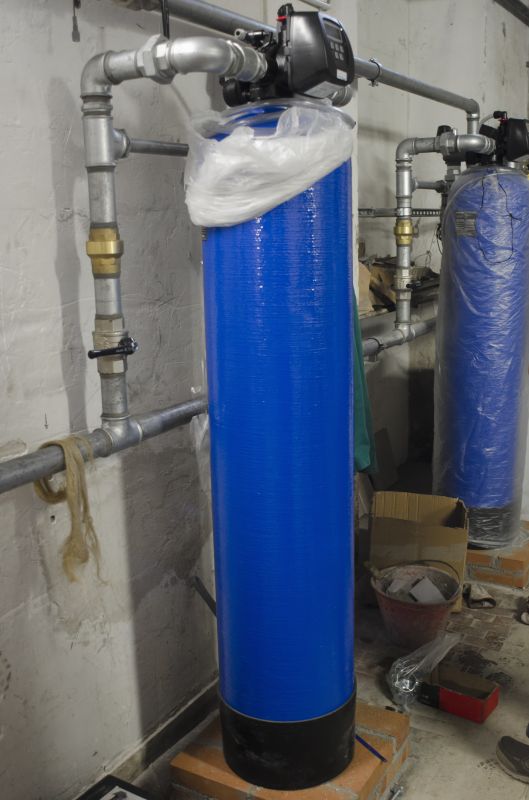
Maintaining pipes and tanks for consistent water quality.
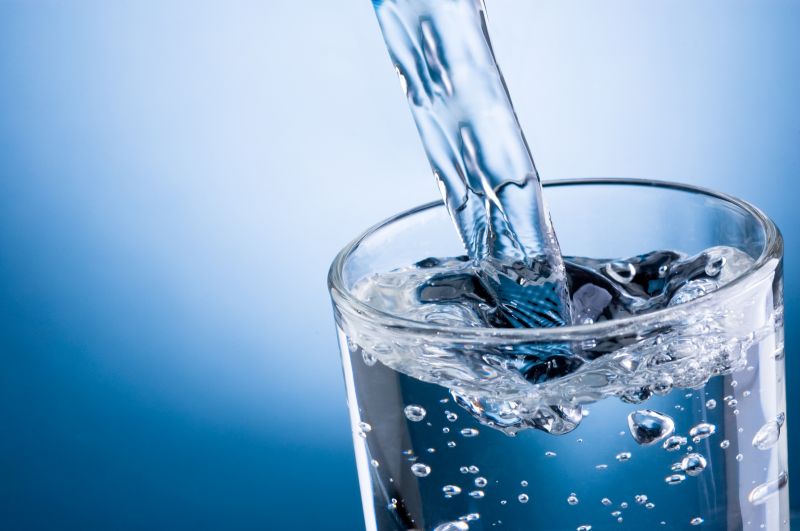
High-end options that actually feel worth it for Water Treatments.
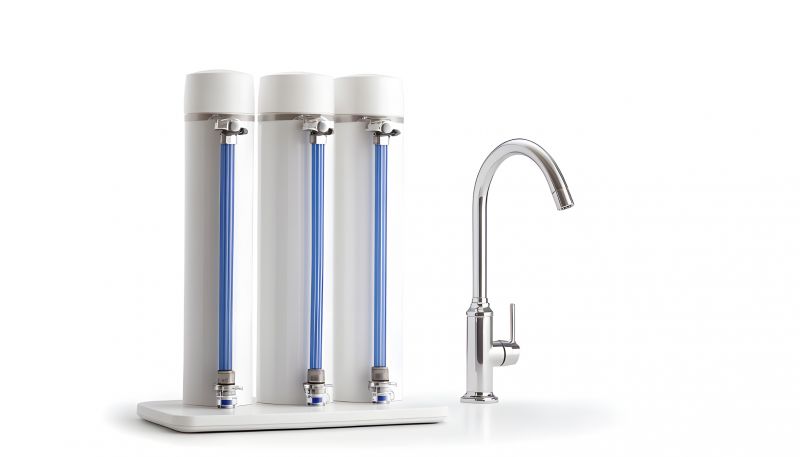
Finishes and colors that play nicely with Water Treatments.
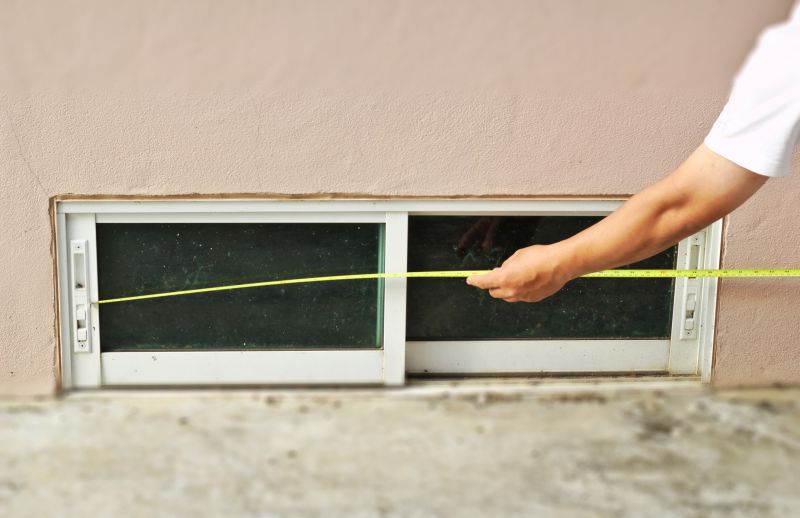
Little measurements that prevent headaches on Water Treatments day.
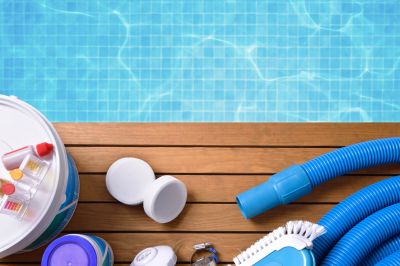
A 60-second routine that keeps Water Treatments looking new.
Interested property owners in Crossville, TN, are encouraged to contact for more information about scheduling water treatments. Proper timing and regular maintenance can significantly improve water quality and system durability, ensuring safe and clean water supply for all needs.

